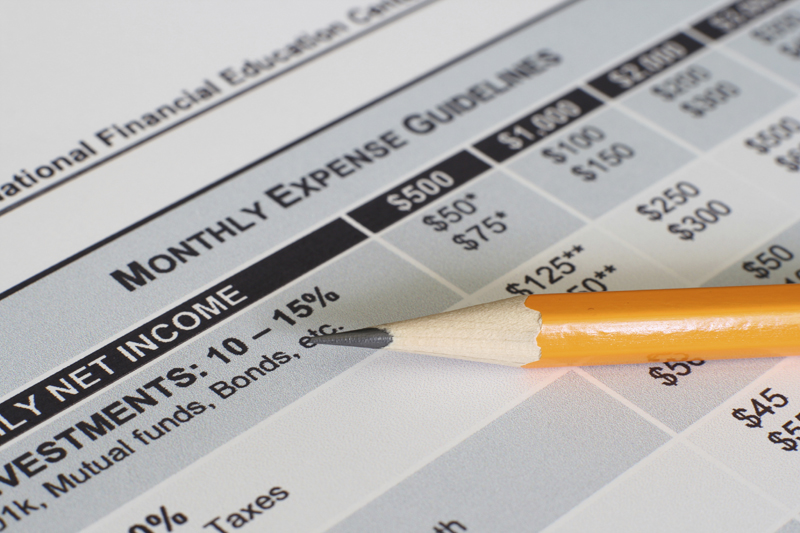What can I do to avoid paying a big tax liablity on my Schedule C business?
October 28, 2015 by Dave Du Val, EA
Hey Dave,
There are only two months left in the year. Is there anything I should be doing to make sure I don’t end up owing a bunch of money this year? I have my own Schedule C business and I would like to know where I stand.
Babe (Yes, that’s my real name!)
Babe,
You are smart to start thinking about this now, and yes, there is something you can do. Even though it’s fairly late in the year, it would be a good idea to check in on your business and your tax situation overall to find out where you stand. This way you will get a good idea of what your tax bill will be, which will help you plan (and save up if you need to).
You can get a rough idea of your current taxable net income by subtracting your business expenses from your gross receipts and then adding that together with an estimate of your income and expenses for the last two months of the year. If you were planning to make any major purchases for equipment for your business, you might want to make them before the end of the year so you can also take advantage of the Section 179 write-off for the purchase of those assets. Likewise, you may be able to accelerate some business deductions by purchasing office supplies or pre-paying some expenses before the end of the year, even if you do not use those until the following year.
Use the information to do a tax projection in TurboTax. One way to go about this is to begin with last year’s tax return. Save a copy, give it a new name and then update the figures to the extent that you are able to. If it looks like you’re going to owe, you can start making estimated payments now or increase the amounts of the estimated payments you are currently making, which is what I would recommend. This will help you to avoid the underpayment penalty.
Deductibly Yours,
Dave





